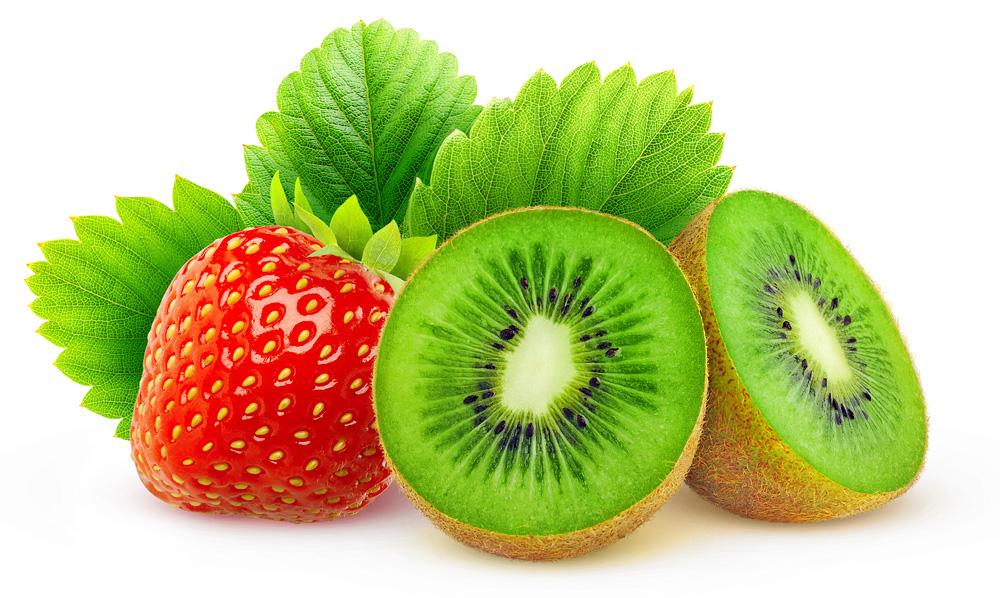Eating the right foods at the right time is essential for maintaining good health. Our body’s response to different foods varies depending on when and how we consume them. While some foods are excellent choices on an empty stomach, others can cause discomfort, digestive issues, or even harm. Understanding what foods to avoid on an empty stomach can help maintain digestive health and overall well-being.
Citrus Fruits: While citrus fruits like oranges, grapefruits, and lemons are rich in vitamin C and antioxidants, consuming them on an empty stomach may cause acidity and heartburn. The high acidity in these fruits can irritate the stomach lining, leading to discomfort. It’s advisable to consume citrus fruits after having a meal to minimize the impact on an empty stomach. Spicy Foods: Spices, while flavorful, can be harsh on an empty stomach.
Empty Stomach Blues? These Foods Are Making it Worse!
Spicy foods can cause irritation, acid reflux, or exacerbate conditions like gastritis or ulcers. The compounds responsible for the heat in spicy foods can trigger the production of stomach acid, leading to discomfort and even pain. It’s better to enjoy spicy dishes during or after a meal to reduce the risk of digestive distress.
The Morning Mistake You’re Making That’s Hurting Your Gut
It’s advisable to have coffee after breakfast or with a meal to lessen its impact on an empty stomach. Carbonated Drinks: Beverages like soda and carbonated drinks can disrupt the digestive system when consumed on an empty stomach. The bubbles in these drinks can expand in the stomach, leading to bloating, discomfort, and even cramps.
The high sugar content in some carbonated drinks can also cause a rapid spike in blood sugar levels when consumed alone. Tomatoes: Tomatoes contain high levels of tannic acid and pectin, which can be harsh on an empty stomach. They can increase acidity and cause gastrointestinal discomfort, especially for individuals prone to acid reflux or gastritis. Cooking tomatoes can reduce their acidity, making them gentler on the stomach.
Are You Sabotaging Your Health? Shocking Foods to Avoid on an Empty Stomach
Coffee: While many people rely on a morning cup of coffee to kick-start their day, drinking coffee on an empty stomach can increase stomach acid production. This can result in acid reflux, gastritis, or discomfort. Coffee can also stimulate bowel movements, potentially causing digestive issues when consumed before eating.
Sweets and Pastries: Indulging in sugary foods like pastries, doughnuts, or candies on an empty stomach can cause a rapid spike in blood sugar levels. This sudden increase can lead to a subsequent crash, leaving you feeling fatigued and hungry soon after. Moreover, consuming sweets without a balanced meal can negatively impact insulin sensitivity over time.
Feeling Bloated? 10 Foods You Should Never Eat Before Breakfast
Alcohol: Consuming alcohol on an empty stomach can lead to quicker absorption into the bloodstream. This can result in a rapid increase in blood alcohol levels, leading to intoxication more quickly. Additionally, alcohol can irritate the stomach lining, leading to nausea, discomfort, and an increased risk of gastritis or ulcers.
Raw Vegetables: While vegetables are generally nutritious, consuming certain raw vegetables on an empty stomach might cause bloating or gas. Vegetables like cabbage, broccoli, and onions contain complex sugars and fibers that can be harder to digest when the stomach is empty.
The Secret to Avoiding Acid Reflux and Heartburn: Stop Eating This!
Yogurt: Despite being a probiotic-rich food, consuming yogurt on an empty stomach might introduce too much bacteria into the stomach, potentially leading to digestive issues for some individuals. It’s better to consume yogurt after a meal to support digestion.
High-Fat Foods: Foods high in fat, such as fried items or fatty meats, can be hard for the stomach to process when eaten on an empty stomach. They can cause discomfort, bloating, and even indigestion due to the prolonged digestion process required for fats.
In summary, while some foods offer great nutritional value, consuming them on an empty stomach might lead to digestive discomfort or other health issues. It’s important to be mindful of what you eat and when you eat it to support good digestive health and overall well-being. Incorporating a balanced diet and paying attention to how your body responds to different foods can help you make informed choices about what to eat and when.
conclusion
- Acidic Foods: Citrus fruits, tomatoes, and spicy foods can increase stomach acidity, potentially causing heartburn or irritation. It’s advisable to consume these foods after a meal to minimize their impact.
- Stimulants: Coffee and alcohol can irritate the stomach lining and lead to discomfort. Consuming these beverages with or after a meal can reduce the risk of digestive issues.
- High-Sugar and High-Fat Foods: Sweets, pastries, and fatty foods can cause rapid blood sugar spikes or prolonged digestion, leading to discomfort and potential digestive disturbances.
- Raw Vegetables and Yogurt: Some raw vegetables and yogurt might be harder to digest on an empty stomach, leading to bloating or gas. Cooking vegetables and consuming yogurt after a meal can support better digestion.
Being mindful of what you eat and when you eat it can significantly impact your digestive health. Incorporating a balanced diet, consuming a variety of foods, and paying attention to your body’s responses can help you make informed choices about what to eat on an empty stomach, promoting better overall health and well-being..
